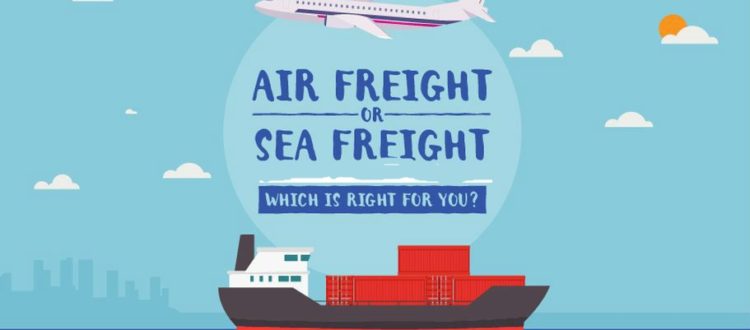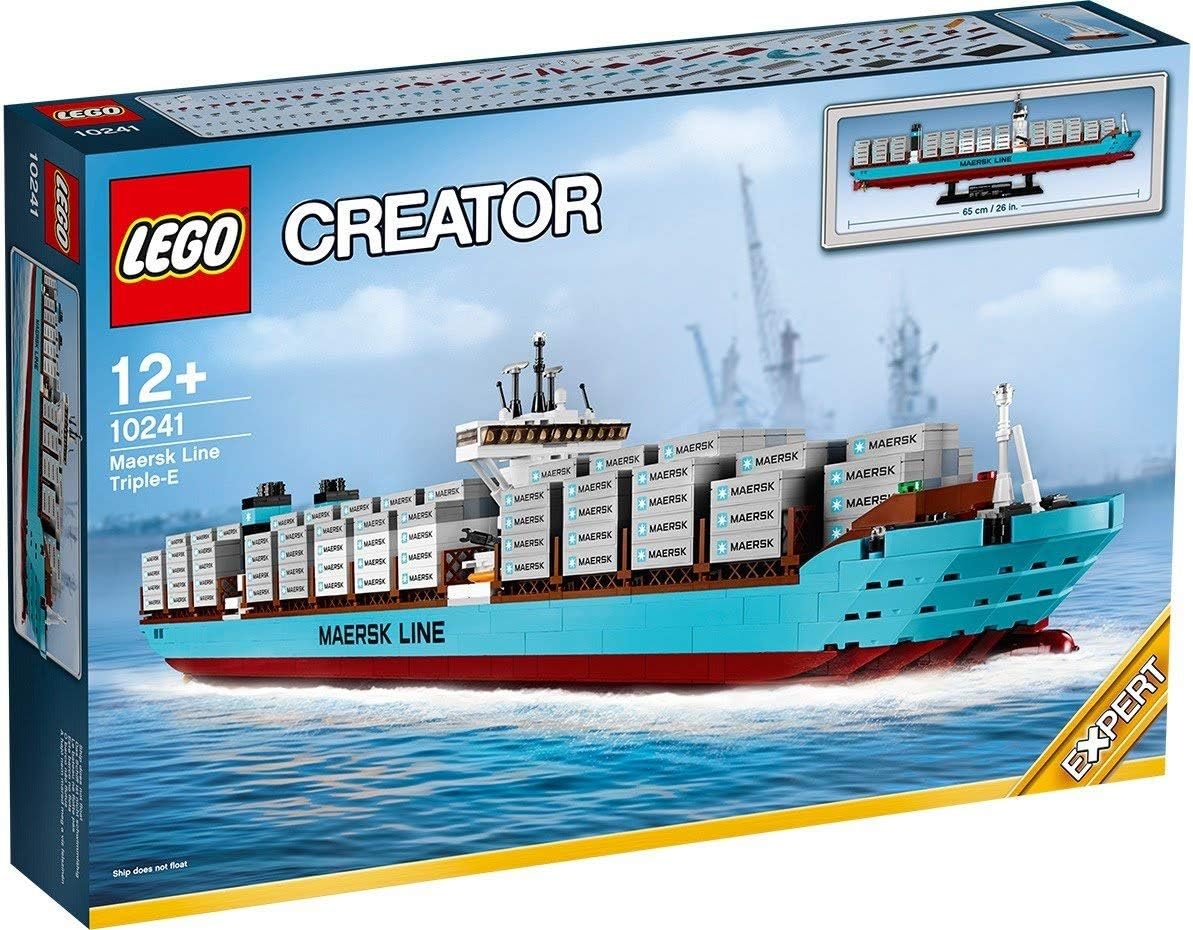Air freight vs Sea freight – when to choose what?
Choosing the correct mode of transport can be tricky. It’s often a question of time and money. Do your goods need to be moved quickly? Or would you rather keep the costs down? You probably want to strike a good balance between the both. To ease your decision I put together a number of key factors to consider before making your decision.
How much money are you willing to spend on transporting your goods?
If you ask which mode of transport that will cost you the least, you will most likely get the answer that shipping by sea is cheaper than shipping by air. Typically, this is true. However, it’s not necessarily the case. This might depend on how logistic and transport companies charge for international shipping.
Airlines charge according to the chargeable weight of a shipment, which is based on the weight and size. That’s because large items with a light overall weight take up more space on an aircraft than a small, heavy item. Sea carriers charge per container rates for shipping in standard containers. The charge is usually based on the size of a shipment (even if weight can factor into the price). A factor that affects the cost of containerised sea freight is whether the goods require a dedicated full container (FCL) or can be consolidated with other cargo (LCL). In case of the latter, your price is often determined by its volume in cubic meter.
With larger and heavier shipments, it is often much cheaper to ship by sea. As a shipment gets smaller, the margin between the prices gets smaller and sometimes air will even end up less expensive.
Another factor to consider is the destination charges, such as customs and fees, which you have to pay regardless of which mode of transport you chose. Even if you find that the costs for shipping by sea is cheaper than the costs for shipping by air, the warehouse fees at seaports can be much more expensive than the warehouses at airports.
How quickly do your goods need to be moved?
When it comes to speed, airfreight is, without a doubt, the fastest way to transport your products across long distances. For many businesses, shipping it is a question of time rather than money. If the consignment is urgent, choosing air freight instead of sea freight could make up for the potentially higher costs, as shipments by sea often take weeks and shipments by air often takes days.
How important is it that your cargo reaches its destination in time?
When comparing the two, air freight tends to be the more reliable option for international shipping. Airfreight can get delayed due to poor weather conditions or other factors, but the airlines are very cautious about their schedules and often on top of them. As most airfreight flights run daily back and forth between major cities around the world, missing a flight doesn’t cause much of a delay for a cargo shipment.
Ocean lines tend to run on weekly schedules and the risks of something going wrong and the shipment getting delayed is considerably high. Missing a ship could place a shipment a week off. For many businesses a weeks delay could have serious cost effects.
How important is it for you to reduce your ecological footprint?
Time and money is important. But, we also have a responsibility for the world we live in, not least the environment. As environmental protection is an increasingly pressing issue all over the world, every business today needs to consider how they can contribute to a more sustainable future. This is also a way of changing the way the public looks at a company. In the end it might end up being a question of whether a company actually chooses you or not.
When it comes to this category sea freight always win the battle. CO2 emissions are much higher in air freight transport compared to sea freight transport. This causes cargo shipping by air to have a much larger carbon footprint than cargo shipping by sea.





